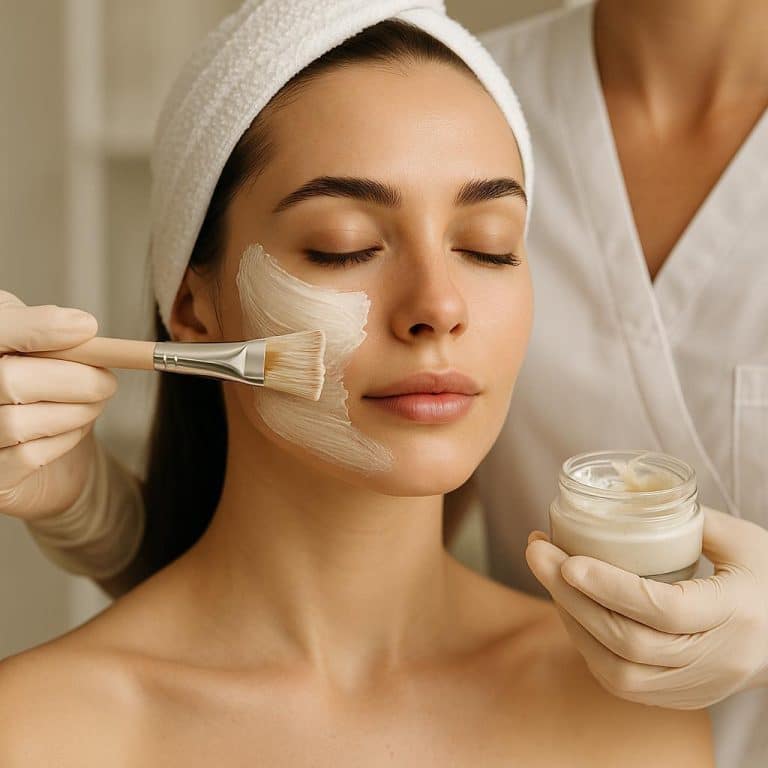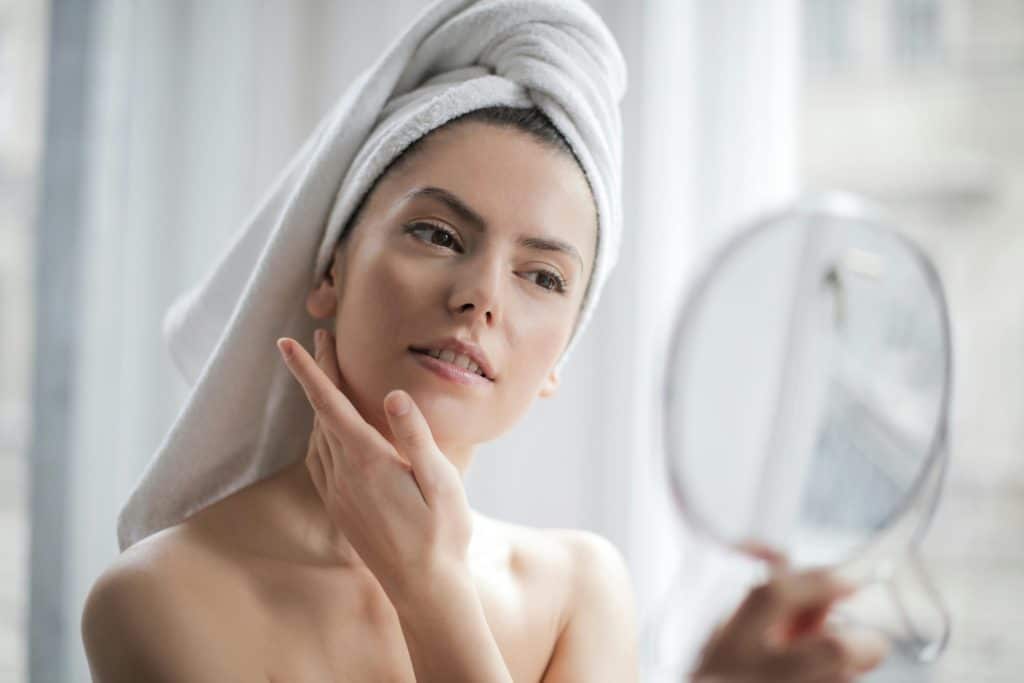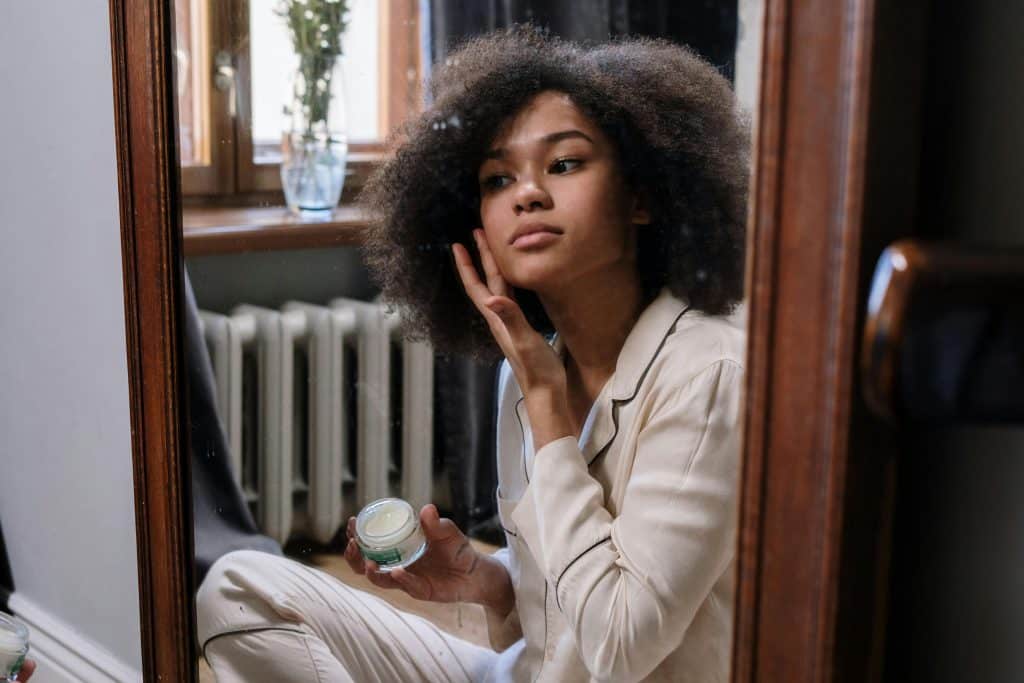As we age, the skin naturally undergoes changes and exhibits visible signs of aging. Although this is an inevitable biological process, the rate and extent of these changes can be modulated through our daily habits. While many individuals today rely on aesthetic procedures like fillers to maintain a youthful appearance, small, consistent habits in everyday life can significantly influence skin health and the preservation of a youthful look. Let’s explore how to maintain youthful, healthy skin without the need for fillers or botulinum toxin treatments.
Lifestyle Habits That Stimulate Collagen Regeneration
Collagen is a key protein responsible for maintaining skin elasticity and youthfulness. It is the most abundant protein in the human body, but its production naturally decreases with age. However, with the right lifestyle choices and skincare regimen, it is possible to stimulate collagen synthesis and slow its degradation.
Nutritional Intake to Promote Collagen Production
To support collagen synthesis, essential nutrients such as protein, vitamin C, zinc, and omega-3 fatty acids are necessary. Foods like salmon, eggs, berries, leafy greens, and bone broth are particularly beneficial for skin health. Vitamin C, in particular, plays a crucial role in collagen formation and protects the skin from oxidative stress, which breaks down collagen.
Incorporating collagen-rich and collagen-supportive foods into your daily diet is a highly effective strategy for promoting collagen production from within. Bone broth is especially beneficial due to its high content of collagen and gelatin, both of which support dermal integrity.
The Role of Retinol and Peptides
Skincare products containing retinol and peptides are effective at stimulating collagen synthesis. Retinol accelerates cellular turnover and promotes collagen production, while peptides send signals to the skin to boost collagen synthesis, thereby enhancing structural integrity.
Consistent use of these ingredients can improve skin elasticity and reduce the appearance of wrinkles over time. Using these products at night can further enhance results by synergizing with the skin’s natural nocturnal regeneration processes.
Adequate Sleep and Hydration
Proper hydration ensures that skin cells function optimally, while quality sleep allows the body to repair and regenerate collagen during the night. Adults need 7–8 hours of sleep per night, during which the skin undergoes a natural restorative process.
Drinking at least eight glasses of water per day helps maintain intracellular hydration and facilitates the removal of waste products. Dehydrated skin is more prone to premature aging and wrinkle formation.
Effective Methods for Deep Dermal Hydration
The dermis is home to collagen and elastin fibers, and maintaining hydration in this layer is essential for preserving skin elasticity and youthfulness. Reduced hydration in the dermis leads to dryness and accelerates wrinkle formation.
Utilizing Hyaluronic Acid
Hyaluronic acid (HA) is a powerful humectant capable of holding up to 1,000 times its weight in water. It hydrates and plumps the skin while supporting the collagen matrix and improving skin elasticity.
HA-containing serums and moisturizers can provide moisture not only to the surface of the skin but also to deeper layers. For best results, apply hyaluronic acid products on slightly damp skin after cleansing to enhance absorption.
The Role of Skin Booster Treatments
Topical skincare products may not always deliver sufficient hydration and nutrients to the dermal layer. In such cases, skin booster treatments can be an effective solution. Skin boosters involve microinjections of hyaluronic acid, amino acids, vitamins, and minerals directly into the dermis to provide deep hydration and nourishment.
Beyond mere hydration, skin boosters also activate skin cells and stimulate collagen production, improving skin firmness. Regular treatments can result in hydrated, elastic skin from within, making it possible to maintain a youthful appearance without fillers.
Supplementing Ceramides and Lipids
Moisturizers that include ceramides, fatty acids, and cholesterol help replenish the skin’s natural lipids, support hydration retention, and maintain skin health. These ingredients fortify the skin barrier and prevent trans-epidermal water loss (TEWL).
For optimal dermal hydration, occlusive agents that prevent evaporation are just as important as moisturizers. Ingredients like shea butter, jojoba oil, and squalane form a protective film on the skin’s surface, locking in moisture.
Improving Skin Barrier Function
The skin barrier serves as the body’s first line of defense against environmental stressors. Maintaining its integrity is essential for overall skin health. A compromised skin barrier can lead to increased water loss, irritation, inflammation, and eventually signs of premature aging.
Gentle Cleansing Techniques
Use a mild, pH-balanced cleanser to avoid stripping the skin of its natural oils. Harsh cleansers can damage the skin barrier and trigger dryness and sensitivity. Avoid hot water, which can exacerbate moisture loss; lukewarm water is preferable.
Limit cleansing to twice daily—morning and night. When removing makeup or sunscreen, opt for oil cleansers or micellar water to minimize irritation and preserve the skin barrier.
Utilizing Antioxidants
Topical antioxidants like vitamin C, vitamin E, and polyphenols protect the skin from oxidative stress, which degrades collagen over time. Using serums or creams containing these ingredients strengthens the skin barrier and helps prevent signs of aging.
Botanical antioxidants such as green tea extract, grape seed extract, and resveratrol are also effective. They protect the skin from damage caused by UV radiation and environmental pollutants while reducing inflammation.
Reducing Alcohol Consumption
Alcohol has dehydrating effects on the skin and can damage the dermal structure over time, contributing to an aged appearance. Reducing alcohol intake helps maintain hydration and improves overall skin health.
Alcohol can also reduce the skin’s anti-inflammatory capacity and cause vasodilation, leading to redness and swelling. It disrupts sleep quality, thereby interfering with the skin’s overnight repair processes.
Habits to Prevent Photoaging
Photoaging refers to skin aging caused by ultraviolet (UV) exposure and is a leading cause of wrinkles, pigmentation, and reduced elasticity. Since UV rays are a major factor in collagen degradation, daily sun protection is essential for preserving youthful skin.
Daily Use of Sunscreen
Applying a broad-spectrum SPF 50+ sunscreen daily is the most effective method to prevent photoaging. UV radiation breaks down collagen, so daily protection helps prevent premature aging and maintain skin architecture.
Sunscreen should be worn regardless of the weather and reapplied every 2–3 hours. After sweating or swimming, reapplication is essential to maintain protection.
Consuming Antioxidant-Rich Foods
Foods rich in antioxidants—such as berries, leafy greens, and tomatoes—help prevent UV-induced skin damage from within. These antioxidants neutralize free radicals and protect collagen integrity.
Carotenoids like lycopene, lutein, and beta-carotene enhance the skin’s natural photoprotective capabilities. Studies show they can reduce UV-induced damage by up to 25%.
Using UV-Protective Clothing and Accessories
Wide-brimmed hats, sunglasses, and UPF-rated clothing offer additional protection. Avoid direct sunlight, especially between 10 a.m. and 4 p.m., when UV radiation is strongest.
Activating Fibroblasts: Essential for Firm Skin
Fibroblasts are skin cells responsible for producing collagen and elastin. Their activity declines with age, but certain habits can reactivate them.
Regular Exercise
Exercising most days of the week improves blood circulation and strengthens the immune system, contributing to a more youthful appearance. Aerobic activity in particular increases oxygen and nutrient delivery to skin cells.
Exercise also lowers cortisol levels—a stress hormone known to accelerate collagen degradation. Regular physical activity helps counteract this effect.
Skin Booster Treatments for Fibroblast Activation
Routine skincare may not be enough to fully stimulate fibroblasts. Skin booster treatments deliver active ingredients such as growth factors, amino acids, and vitamins deep into the dermis to directly activate fibroblasts. This promotes collagen and elastin synthesis and improves skin elasticity.
Skin boosters containing PDRN (polydeoxyribonucleotide), growth factors, and peptides are particularly effective for restoring fibroblast function in aging skin. Administered every 3–4 weeks for 3–5 sessions, these treatments offer visible improvements in firmness and radiance.
Reducing Sugar and Refined Carbohydrate Intake
High-sugar diets accelerate skin aging by promoting glycation, a process where sugar molecules bind to collagen, making it stiff and brittle. Reducing sugar and refined carbs helps preserve fibroblast health and protect collagen structure.
Glycation results in the formation of advanced glycation end-products (AGEs), which impair skin elasticity and deepen wrinkles. Choose whole grains over refined carbs and replace added sugars with natural sugars from fruits.
Quitting Smoking
Smoking restricts oxygen flow to the skin and weakens collagen fibers. Quitting smoking improves skin health and normalizes fibroblast function. Smokers tend to develop more pronounced wrinkles and sagging compared to non-smokers.
Additionally, toxins in cigarette smoke damage collagen and elastin directly and interfere with the absorption of key nutrients like vitamins A and C. Skin tone and texture begin to improve within weeks of quitting.
A Holistic Approach: Daily Habits for Youthful Skin
To maintain youthful skin, a comprehensive approach that incorporates all the aforementioned strategies is essential. Focusing on collagen regeneration, dermal hydration, skin barrier reinforcement, photoaging prevention, and fibroblast activation helps establish a foundation for long-term skin health.
Core Daily Habits for Youthful Skin Without Fillers:
- A nutrient-dense diet rich in collagen-supporting ingredients (protein, vitamin C, zinc, omega-3s)
- Use of skincare products containing retinol, peptides, vitamin C, and hyaluronic acid
- Regular skin booster treatments for hydration and nutrient delivery
- Daily application of SPF 50+ sunscreen
- Sufficient hydration and high-quality sleep
- Gentle, pH-balanced cleansers
- Regular exercise to enhance blood circulation
- Limiting sugar and alcohol intake, and avoiding smoking
- Managing stress and ensuring adequate rest
These habits may not produce dramatic overnight changes, but with consistent practice, they can significantly contribute to healthier and younger-looking skin over time. While fillers offer immediate results, combining them with healthy lifestyle practices and non-invasive treatments like skin boosters leads to more natural and sustainable outcomes.











